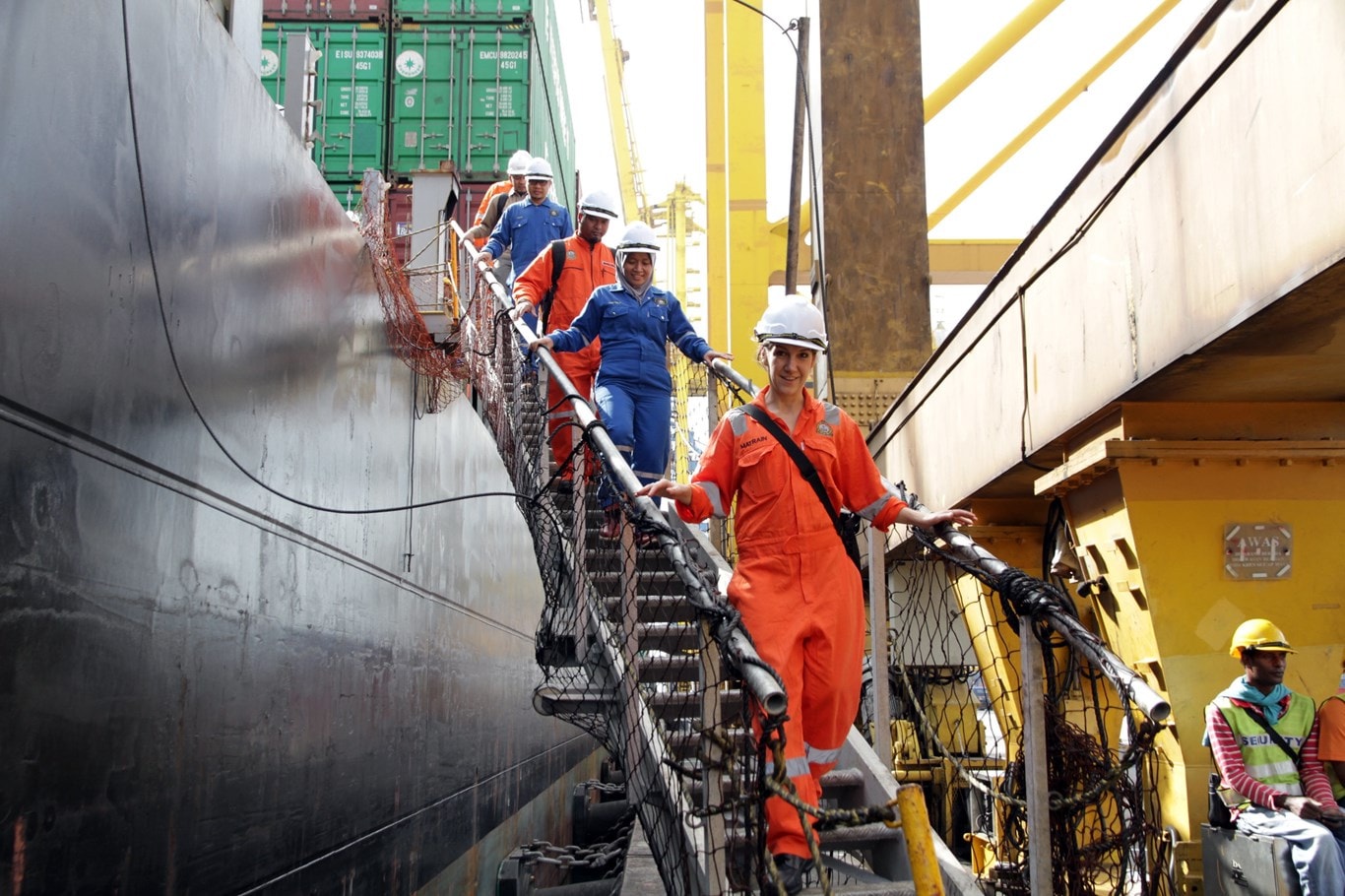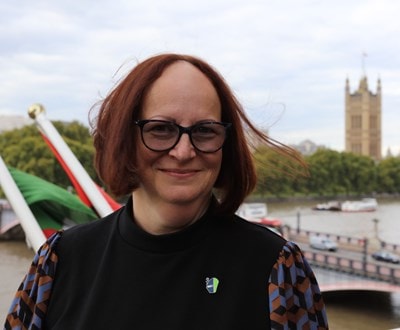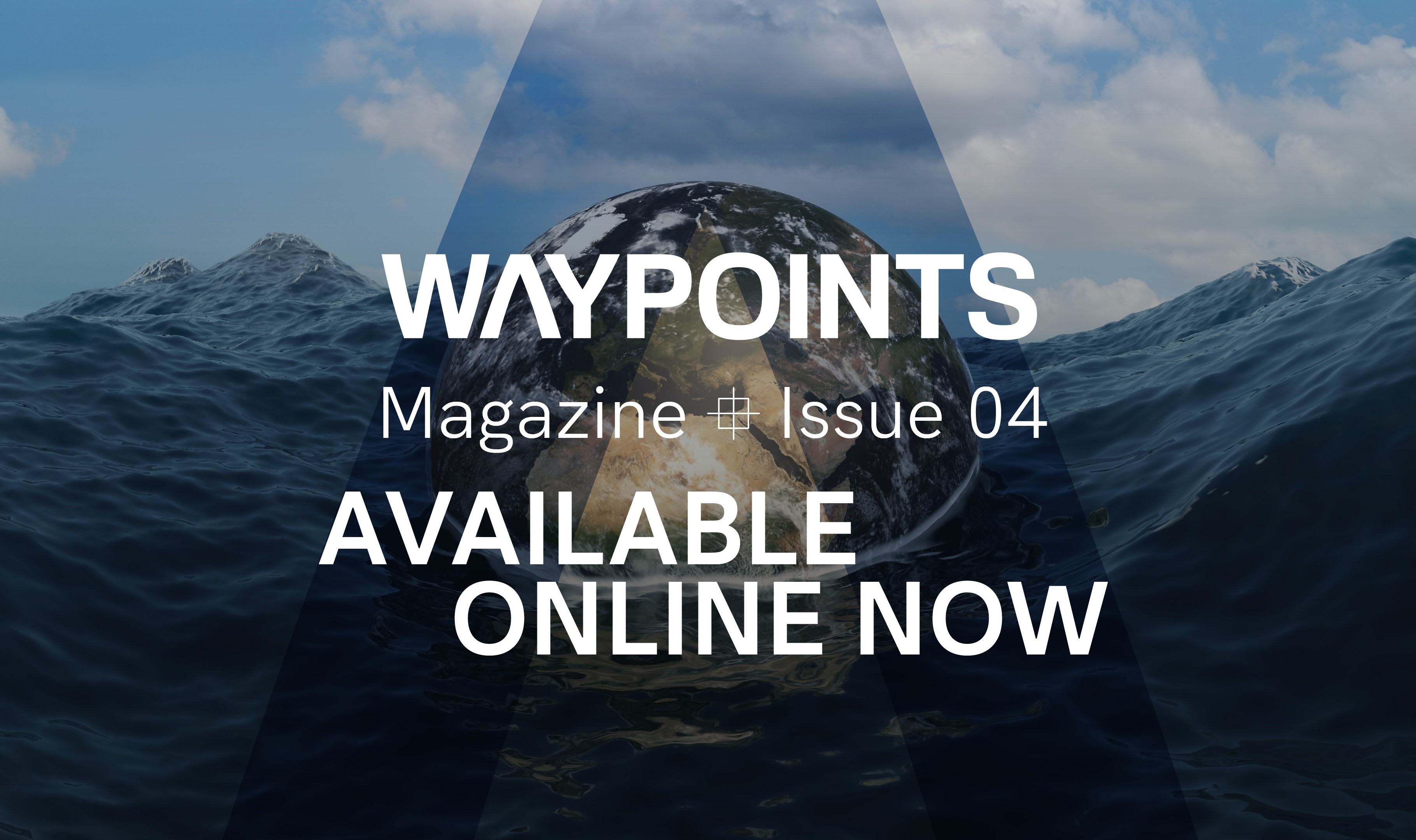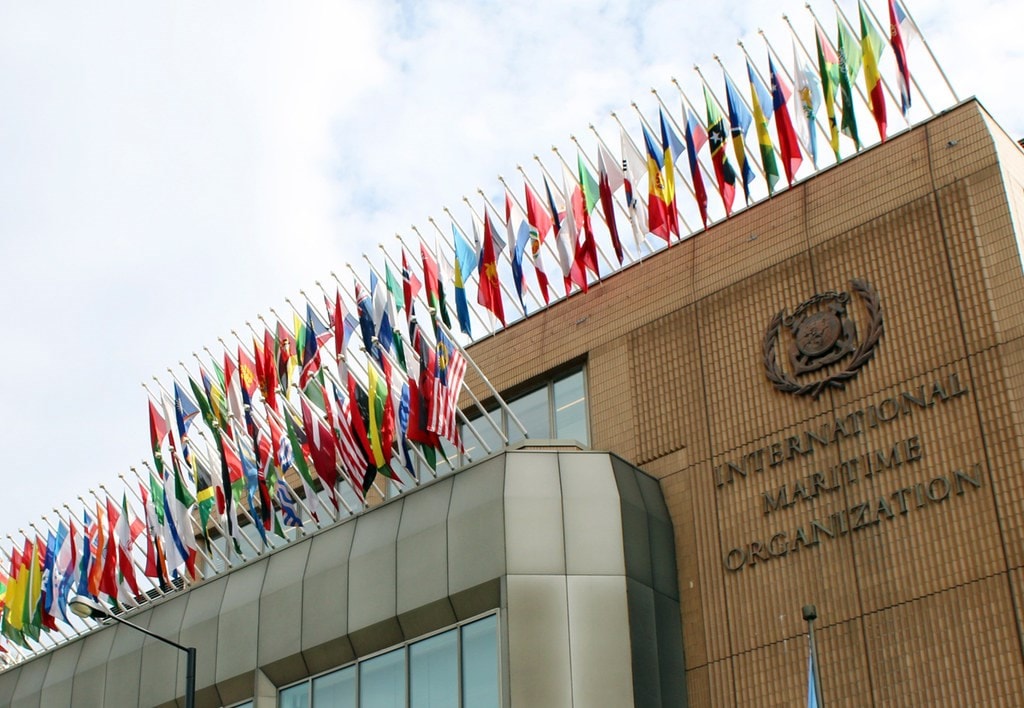Making a Positive Impact - Waypoints Issue 04
The International Maritime Organisation has over many decades developed and adopted mandatory rules, as well as recommendations and guidelines, to protect the marine environment, writes Natasha Brown.
Head of Media and Communications (IMO)
Protecting our Oceans
One of the key conventions for protecting the oceans is the International Convention for the Prevention of Pollution from Ships (MARPOL), first adopted in 1973.
The chosen IMO World Maritime Theme for 2023 “MARPOL at 50 – Our commitment goes on” emphasises IMO’s commitment to protecting and preserving the marine environment, which has remained unwavering over the years. Reducing greenhouse gas emissions from shipping is a top priority, while IMO must also tackle other issues including protecting biodiversity, biofouling, the transfer of invasive species, and plastic and noise pollution
Decarbonisation
As the leading global forum to regulate international shipping, the IMO’s role in decarbonisation is to promote a just, equitable and inclusive transition, which all Member States can take a part in. Representing 175 member states, the greatest challenge the IMO faces in this journey is to ensure that nobody is left behind. It is important to overcome barriers of global access to low and zero-carbon marine fuels and give direction to incentivise the availability and scalability of such fuels and technologies.
In tackling this challenge, focus needs to be given to support developing countries with the technologies and capabilities required to achieve this just transition. It is important to set a clear decarbonisation course, to alleviate concerns and provide clarity around the intended trajectory.
In addition to the EEXI and CII Regulation which came into effect from January 2023 to reduce the carbon intensity of shipping, the IMO’s Marine Environment Protection Committee (MEPC) is in the process of revising the Initial IMO Strategy on reduction of GHG emissions from ships. The MEPC is developing mid-term measures, including technical and economic elements, that will help push global shipping along its decarbonisation journey.
Seafarer wellbeing
In addition to tackling the environmental challenges, IMO continues its work in setting higher standards around the human element in shipping., The Sub-Committee on Human Element, Training and Watchkeeping (HTW) has embarked on a comprehensive review of the International Convention on Standards of Training, Certification and Watchkeeping for Seafarers (STCW), to ensure the treaty remains relevant to the demands and changes in shipping.
The Sub-Committee has already agreed to draft amendments to the STCW Code, to prevent and respond to bullying and harassment in the maritime sector, including sexual assault and sexual harassment (SASH). IMO also continues to work with UN and sectorial partners to address abandonment of seafarers.

Promoting innovation & collaboration
IMO’s Department of Projects & Partnerships, which serves as the gateway for developing partnership opportunities with a wide range of external partners including IMO Member States, UN agencies, financial institutions, NGOs, IGOs and the private sector, is promoting a culture of collaboration and innovation, facilitating the industry’s transition into this new era of increased expectations. Innovation and inclusivity are key to accelerating decarbonisation of the maritime sector and solving many of the global challenges which the sector is facing. The IMO acknowledges the need to create strong partnerships which will lead the way towards a sustainable maritime sector, through its capacity-building efforts, implemented through the Department of Partnerships and Projects and the IMO Integrated Technical Cooperation Programme.
Empowering Women and Girls
Setting the right course on gender equality, IMO continuously builds and strengthens its Women in Maritime programme, which supports the participation of women in both shore-based and sea-going posts, under the banner “Training-Visibility-Recognition”.
Empowering women fuels thriving economies across the world, spurs growth and development, and benefits everyone working in the global maritime community and beyond. IMO is committed to making maritime more welcoming to women, in line with UN Sustainable Development Goal 5, which aspires to “Achieve gender equality and empower all women and girls”
Sustainability Development Goal (SDGs)
IMO is working to support its Member States towards achieving the 2030 Agenda for sustainability development and the related Sustainable Development Goals (SDGs). This is being done both through providing the legislative framework for international shipping that enables sustainable development and through specific capacity building activities. As a United Nations (UN) body, the IMO is an advocate for sustainable development and has embedded the various sustainability development goals across its internal divisions and departments, making it a rewarding workplace and an organisation that makes a positive impact.
Furthermore, the work that IMO does internationally has incredible potential to drive change. IMO is responsible for setting global standards for safe, secure, clean and efficient maritime transport. But it has a corresponding key role in supporting Member States to implement those global standards and achieve a sustainable maritime transport system. This can only be achieved through coordination, collaboration and innovation.

Natasha Brown
Head of Media and Communications (IMO).
nbrown@imo.org
Natasha Brown is Head of the IMO media and communications team (Public Information Services) since 2022. Previously she was Acting Head since 2020. She joined the IMO public information services team in 1997 and has extensive knowledge of all IMO-related matters. Prior to joining IMO, Natasha was a journalist for five years with Reuters news agency, covering news and feature stories in London, Lisbon and Moscow.

